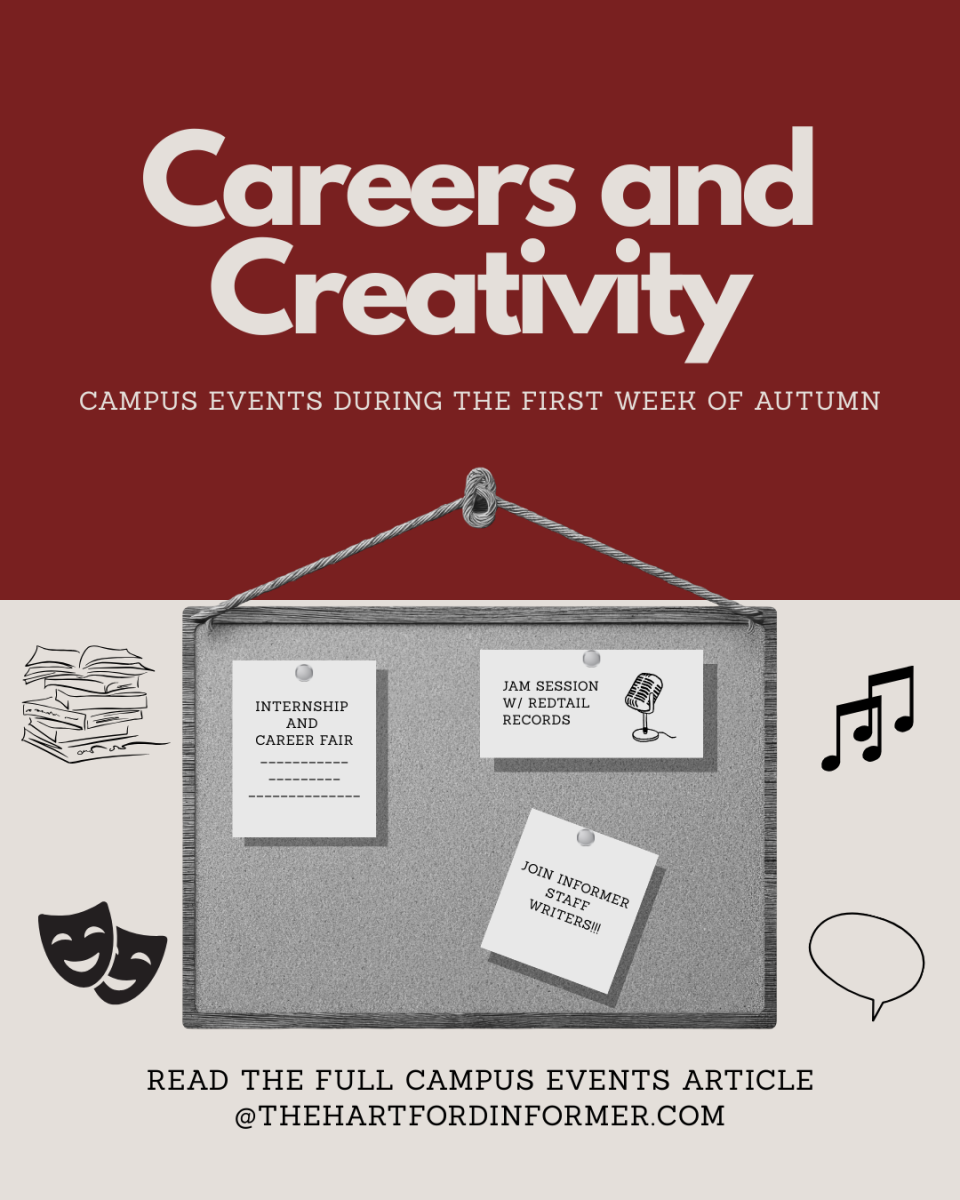The Most Addictive Foods

Image Courtesy of Flickr.com
March 4, 2020
I recently stumbled upon an intriguing article discussing the results of a study which ranked the most highly addictive and least addictive foods. Adda Bjarnadottir, MS, RDN, in her article, “The 18 Most Addictive Foods, (and the 17 Least Addictive),” states that Researchers at the University of Michigan studied addictive-like eating in 518 subjects. They used the Yale Food Addiction Scale, and rated how addictive 35 foods were (with 1 being not at all addictive and 7 being extremely addictive.)
Bjarnadottir states among the most addictive foods people claimed to be addictive were: 1. pizza (4.01), 2. chocolate (3.73), 3. chips (3.73), 4. cookies (3.71), 5. ice cream (3.68), 6. french fries (3.60), 7. cheeseburgers (3.51), 8. soda – not diet (3.29), 9. cake (3.26), and 10. cheese (3.22).
The least addictive foods people listed were: 1. cucumbers (1.53), 2. carrots (1.60), 3. beans without sauce (1.63), 4. apples (1.66), 5. brown rice (1.74), 6. broccoli (1.74), 7. bananas (1.77), 8. salmon (1.84), 9. corn (no butter or salt) (1.87), and 10. strawberries (1.88) (Bjarnadottir, 2019).
What is the significance of this data? It suggests that people find certain foods more addictive than others. What makes particular foods so addictive? According to Psychologist Dr. Michelle Hunt, “consuming “highly palatable” foods, or foods that are high in carbohydrates, fat, salt, sugar or artificial sweeteners, triggers the pleasure centers of the brain and releases “feel-good” chemicals such as dopamine and serotonin.” She explains the problem of getting such a rise in these chemicals, stating, “your brain will adjust its receptors to compensate for the rush of chemicals… you’ll eventually need to consume increasing quantities of highly palatable foods to get the same feel-good reaction” (Hunt, 2019).
It is no wonder that it can be hard for many of us to control food intake these days, as companies and fast food chains find new ways to make foods even more appealing and tasty, especially with new methods of processing them. However, taking into consideration that some foods can be more addictive than others, it can be advantageous for us to consider and reflect on the food choices we make. Adjusting the type of foods consumed can reduce cravings. Addictive foods oftentimes are not very healthy for us, so it may benefit us greatly to consume less processed, more highly nutritious food.









